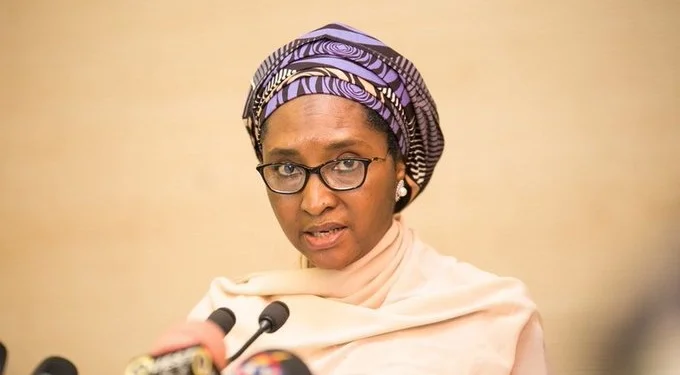Nigeria, according to the Budget Office of the Federation, currently has “limited borrowing space” because of its subpar debt-to-revenue ratio, and “trouble” awaits the nation if it exceeds these limits.
Ben Akabueze, director-general of the budget office, noted that while Nigeria’s debt-to-GDP ratio is still healthy, the country’s debt-to-revenue ratio is not. He was speaking to members-elect of the 10th National Assembly on Wednesday at the weeklong induction ceremony in Abuja.
Akabueze was speaking to the newly elected and returning members of the National Assembly, which is responsible for the consideration, amendment and passage of annual budgets of the Federal Government as well as economic bills like the Finance Bill.
You may have heard that our gross domestic product to debt ratio is among the lowest in the world, he continued. While the magnitude of the FG budget for 2023 aroused some excitement, the aggregate budget of all the governments in the country equal to around N30tn. In terms of a percentage of GDP, that is under 15%.
“Even on the African continent, the ratio of spending is about 20 per cent. South Africa is about 30 per cent; Morocco is about 40 per cent. And at 15 per cent, that is too small for our needs. That is why there is fierce competition for the limited resources.
“That can determine how much we can relatively borrow. We now have very limited borrowing space; not because our debt to GDP is high, but because our revenue is too small to sustain the size of our debt. That explains our high debt service ratio. Once a country’s debt service ratio exceeds 30 per cent, that country is in trouble and we are pushing towards 100 per cent, and that tells you how much trouble we are in.
“We have limited space to borrow. When you take how much you can generate in terms of revenue and what you can reasonably borrow, that establishes the size of the budget. The next thing would be to pay attention to the government’s priority regarding what project gets what.”
Nigeria shouldn’t be categorized as an oil-rich economy, according to Akabueze. “Not even an oil-rich economy, we are. To define oil-rich economies, you talk about nations like Saudi Arabia where there are 34 million of them and produce 10 million barrels of crude per day, or Kuwait where there are 3 million of them and pump three million barrels per day,” he said
The head of the Budget Office continued, “We are currently pumping about 1.9 million barrels per day,” despite Nigeria having a population of over 200 million.
Therefore, we are not a wealthy economy and must fight the temptation to believe that we are a country with a lot of oil. I want to be clear that while we could be wealthy nations, we are not.
The DG pointed out that development plans in Nigeria date back to the early 90s. “However, you may counter that it hasn’t achieved the required level of success. Annual budgets are essentially back sizes of development plans. They include attainable goals for the next 12 months. A budget that lies outside the development strategy is not a good budget,” he said.

